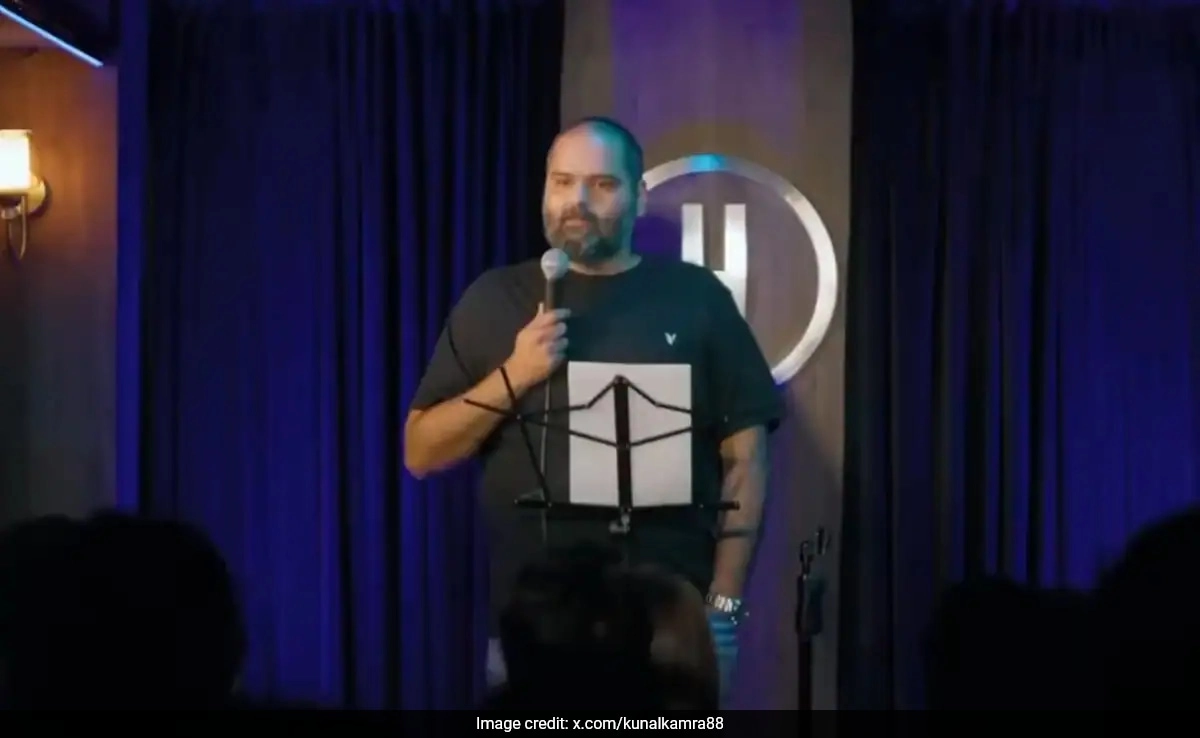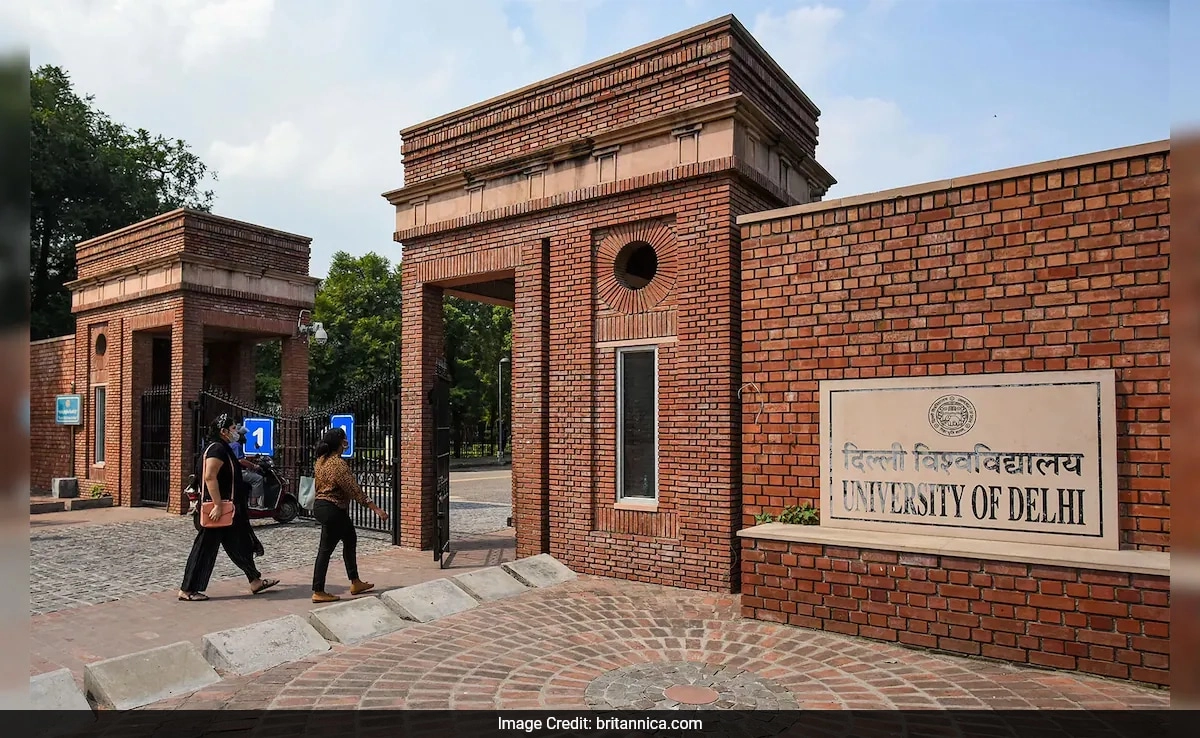In a significant legal development, a Tamil Nadu court has granted transit anticipatory bail to Kunal Kamra, a well-known comedian and social commentator. This decision comes in the wake of ongoing controversies surrounding Kamra’s provocative comedy and his outspoken views on various political and social issues. The court’s ruling allows Kamra some legal protection as he navigates potential charges that may arise from his performances and online presence, which often challenge the status quo and provoke strong reactions.
The transit anticipatory bail is particularly noteworthy as it enables Kamra to seek legal recourse in the event that he is arrested or detained while traveling. This type of bail serves as a safeguard, ensuring that individuals can avoid immediate incarceration when facing allegations that could be politically motivated or arise from their freedom of expression. Kamra’s case underscores the complexities of balancing artistic freedom with legal accountability, especially in a climate where dissenting voices are increasingly scrutinized.
Legal experts have pointed out that this ruling could have broader implications for artists and comedians who engage in political satire and social commentary. In recent years, there has been a growing trend of using legal action to silence dissent, which raises concerns about the erosion of free speech in India. Kamra’s situation may set a precedent for future cases involving artists who find themselves in similar predicaments, highlighting the need for a robust legal framework that protects freedom of expression while maintaining public order.
The court’s decision is also a reflection of the judiciary’s role in upholding constitutional rights, even in cases that may be controversial. As Kamra continues to face scrutiny, this bail provides him with a temporary reprieve, allowing him to focus on his craft without the looming threat of arrest. His case remains a focal point in the ongoing national conversation about the limits of free speech and the responsibilities of artists in expressing their views. Ultimately, this ruling signifies a crucial moment for both the legal system and the cultural landscape in India, as it grapples with the challenges posed by a diverse and often polarized society.




